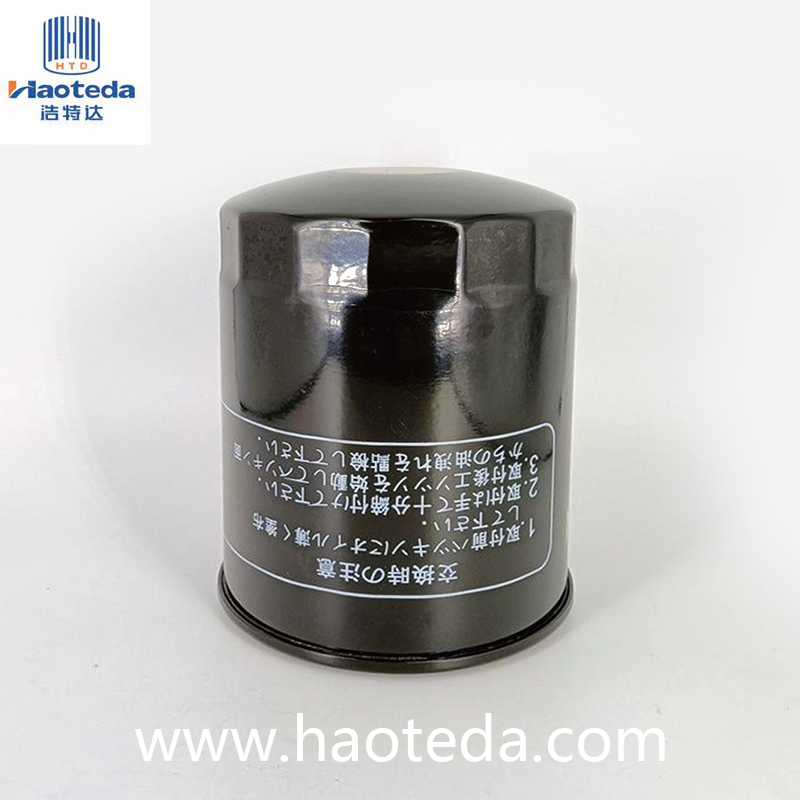In the realm of automotive maintenance, the evolution of synthetic oil filters stands as a testament to technological advancements aimed at enhancing engine performance and longevity. At the heart of this innovation lies the filter media—a crucial component that distinguishes synthetic oil filters from their conventional counterparts.
Advanced Material Composition
The cornerstone of the efficiency in synthetic oil filters lies in their sophisticated filter media. Unlike traditional filters that predominantly use cellulose fibers, synthetic oil filters leverage advanced materials such as synthetic fibers (including glass fibers) or a blend of synthetic and natural fibers. These materials are meticulously engineered to achieve uniform pore sizes and structures that excel in capturing even the smallest particles of contaminants.
Enhanced Filtration Capabilities
One of the standout features of synthetic filter media is their significantly higher dirt-holding capacity. This attribute allows them to retain more contaminants over extended periods without compromising filtration efficiency. By holding onto particles that would otherwise circulate within the engine, synthetic oil filters help maintain cleaner oil for longer durations, thereby mitigating the risk of engine wear and preserving oil quality.

Superior Filtration Efficiency
Synthetic filter media are designed with precision to achieve superior filtration efficiency. They excel in capturing a greater percentage of particles, including microscopic elements that conventional filters might miss. This capability is particularly critical in modern engines where tight tolerances demand stringent protection against abrasive contaminants that could compromise performance over time.
Adaptability to Synthetic Oils
Synthetic oil filters are crafted to complement the performance characteristics of synthetic motor oils—a symbiotic relationship that enhances overall engine protection. The materials used in synthetic filters are inherently compatible with synthetic oils, ensuring optimal performance under varying temperatures and operating conditions. This compatibility not only extends the life of both the oil and the filter but also contributes to improved engine efficiency and reduced maintenance costs.
Consistency and Reliability
Another hallmark of synthetic oil filters media is their ability to maintain consistent performance throughout the oil change interval. Engineered to withstand high temperatures and fluctuating oil pressures, synthetic filters deliver reliable filtration without sacrificing oil flow rates. This ensures that critical engine components receive clean oil at all times, promoting smoother operation and prolonging engine life.
 English
English
 English
English Español
Español Français
Français
 +86-139-6774-0263
+86-139-6774-0263









